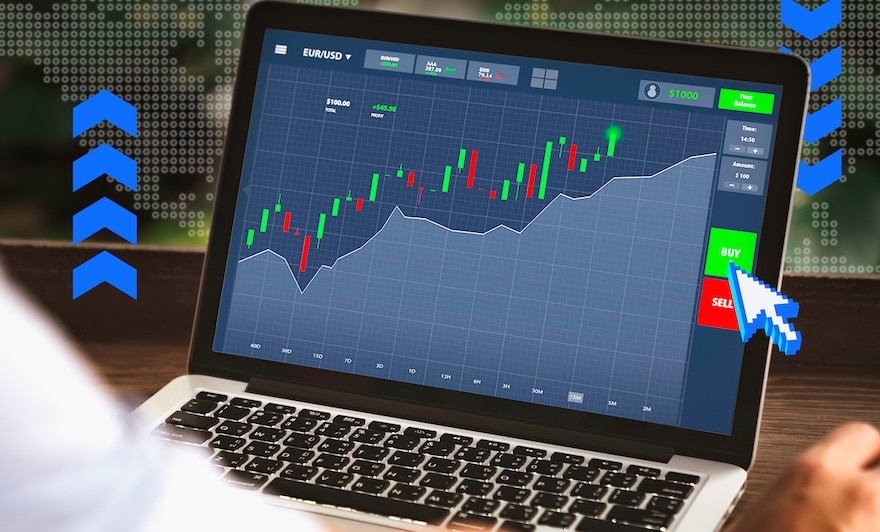In the wake of the ongoing ‘Great Reset’, the Forex domain experienced an influx of new retail demographics. These fresh, enthusiastic players are impacting asset trading choices discreetly—one asset in particular.
Much has been reported on the fluctuations in the financial market—no exceptions for Forex.
Brokers had to pay attention, meet old and new clients midway through the crisis to stay innovative, vibrant, and reactive to challenges on the run.
For further context, the lockdown phase intensified the already high U.S. unemployment rate, which impacted market volatility and the U.S. dollar as the world’s reserve currency, entangled tumultuously within it.
In addition, in March 2020, the British pound sterling plummeted to its lowest point against the U.S. dollar in over three decades.
Fear, uncertainty, and doubt was the trading doctrine of those days. Nonetheless, some other usual suspects among traded assets, including good old gold (XAUUSD) or safe-haven currencies like the Swiss franc or the Japanese yen, were still in high demand.
Besides COVID-19 almost single handedly forced the phenomenon of new retail demographics by tapping into the fertile Forex market. Another closely related question has emerged that requires clarification, did any significant demand shifts in assets and currency pairs occur?
For this very purpose, the specialists from the internationally renowned Forex broker OctaFX have compared their inhouse data (average trading volume) with two different time windows:
1 February 2019–1 March 2020, before the COVID-19 era and 1 April 2020–1 June 2021, representing the much-discussed period of COVID-19 unravelling upon the world of finance until the present day.
An important aspect to note beforehand is OctaFX’s decision to lower its spreads in July and August 2020 due to the extraordinary market situation for everybody involved—Forex brokers and its clients alike.
The direct empirical comparison shows that the shifts in average asset volumes were only subtle in nature in all but one.
Indeed, the main takeaway is the objectively steep spike of gold (XAUUSD) volumes upwards (from 12.28% to 19.88%), which cannot be simply attributed to the said lowering of spreads.
The following only amounts to circumstantial evidence at the current stage of analytical evaluation.
However, OctaFX data experts hint at the following case, namely, those new demographics entering the Forex market could contribute to the rise in demand of the XAUUSD trading currency pair. Finance Magnates touched upon the groups within this novel Forex retail inflow in earlier publications (millennials, women traders, Gen Z, etc.).
In addition, it can be duly noted that in the time frame shown above, the runner up (in terms of most change) currency pair EURUSD has, in turn, declined by almost five percentage points, from 32.67% to 27.84%.
Other popular currency pairs, like GBPUSD (adding two percentage points) and USDJPY (losing two percentage points), had, in fact, held an uncontroversial balance in traded volume throughout the investigated time frames.
Finally, the OctaFX data scientists assert that more comprehensive, strict, and indisputable conclusions have yet to be withheld. Too little time has passed to appreciate the actual dimensions of this mid to long term paradigm shift, which is still very much in the process of unfolding.
About OctaFX
OctaFX is a global Forex broker that provides Online Trading services worldwide since 2011. It offers a state-of-the-art trading experience to over 7 million trading accounts worldwide.
OctaFX has won more than 40 awards since its foundation, including the ‘Best ECN Broker 2020’ award from World Finance and more recently the 2021 ‘Best Forex Broker Asia’ award and the 2020 ‘Most Transparent Broker’ award from Global Banking & Finance Review and Forex Awards, respectively. The company is well-known for its social and charity activity and its promotions.












